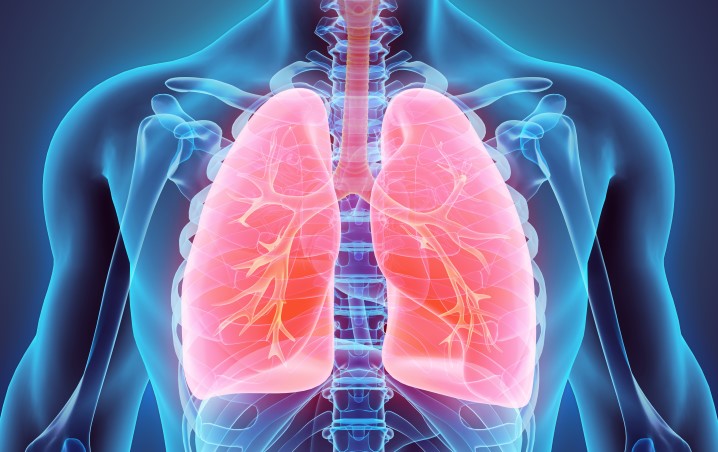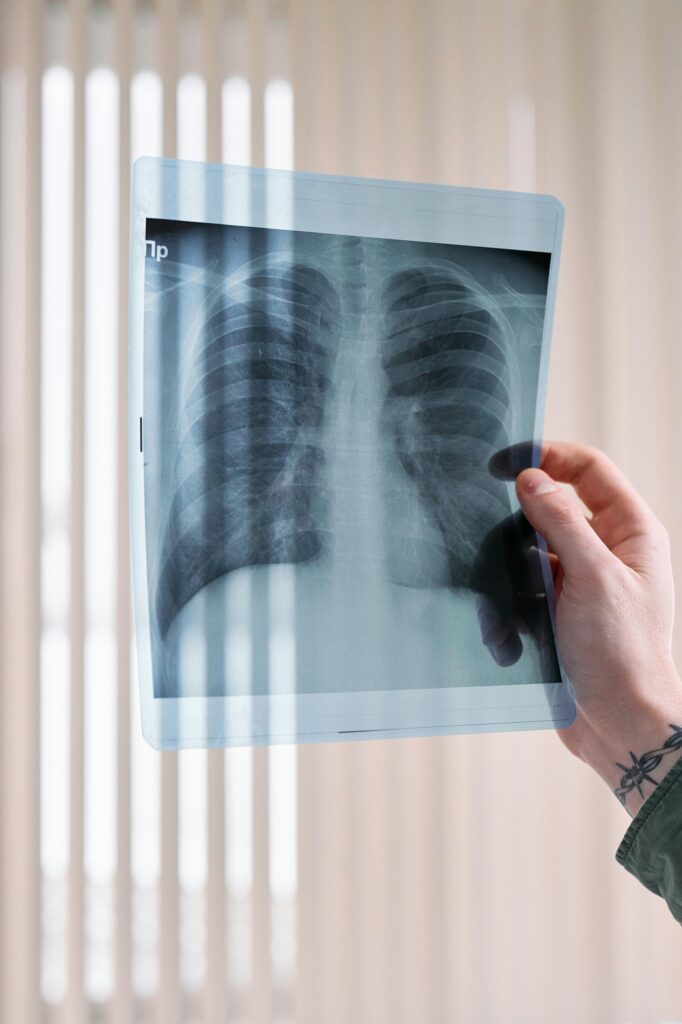Pulmonology: Everything You Need to Know
What is Pulmonology?
Pulmonology is a specialized field of medicine that focuses on the health of the respiratory system, including the lungs and airways. Pulmonologists diagnose, treat, and manage diseases that affect breathing, such as asthma, chronic obstructive pulmonary disease (COPD), pneumonia, and lung cancer.

The Role of a Pulmonologist
Pulmonologists are medical doctors with advanced training in respiratory diseases. They treat both acute and chronic conditions, working with primary care physicians and other specialists to ensure comprehensive care. Pulmonologists are also instrumental in critical care settings, treating patients with severe respiratory failure.
The Importance of Lung Health
Healthy lungs are essential for oxygenating the blood and supporting overall bodily functions. Lung diseases can significantly impact quality of life, leading to fatigue, difficulty breathing, and even life-threatening complications. Proper respiratory care, including preventive measures and early diagnosis, is key to maintaining lung health.
Common Respiratory Conditions Treated by Pulmonologists
Asthma
Asthma is a chronic condition that causes airway inflammation, leading to breathing difficulties, wheezing, and coughing. It can be triggered by allergens, infections, or environmental factors. Treatment includes inhalers, medications, and lifestyle adjustments.
Chronic Obstructive Pulmonary Disease (COPD)
COPD is a progressive disease that obstructs airflow in the lungs, making breathing increasingly difficult. It includes conditions such as emphysema and chronic bronchitis. Treatment involves bronchodilators, steroids, oxygen therapy, and pulmonary rehabilitation.
Pneumonia
Pneumonia is an infection that inflames the air sacs in one or both lungs, often causing fever, cough, and chest pain. Bacterial, viral, or fungal infections can be responsible, and treatment varies based on the underlying cause.
Lung Cancer
Lung cancer is one of the leading causes of cancer-related deaths worldwide. Early detection through screenings, biopsies, and imaging can significantly improve treatment outcomes. Treatment options include surgery, chemotherapy, radiation, and targeted therapies.
When to See a Pulmonologist
Persistent Cough & Shortness of Breath
If you have a chronic cough lasting more than eight weeks or experience unexplained shortness of breath, it may be time to see a pulmonologist. These symptoms can be indicative of underlying lung diseases.
Sleep Apnea & Other Breathing Disorders
Sleep apnea is a condition where breathing repeatedly stops and starts during sleep. A pulmonologist can conduct sleep studies and recommend treatments like CPAP machines or lifestyle modifications.
Diagnostic Procedures in Pulmonology
Pulmonary Function Tests (PFTs)
PFTs measure lung capacity and airflow to diagnose conditions like asthma, COPD, and restrictive lung diseases.
Chest X-Rays & CT Scans
These imaging techniques help detect infections, tumors, and structural abnormalities in the lungs.

Bronchoscopy
A bronchoscopy allows pulmonologists to examine the airways using a flexible tube with a camera. It helps diagnose infections, tumors, and chronic lung diseases.
Pulmonology Treatments & Therapies
Medications
Pulmonologists prescribe various medications, including bronchodilators, anti-inflammatory drugs, and antibiotics, to treat respiratory conditions.
Oxygen Therapy
For patients with severe lung disease, supplemental oxygen improves breathing and overall quality of life.
Pulmonary Rehabilitation
This structured program helps improve lung function through exercise training, education, and breathing techniques.
How to Choose the Right Pulmonologist
Checking Credentials & Certifications
Ensure your pulmonologist is board-certified and has specialized training in respiratory medicine.
Specialization & Expertise
Some pulmonologists focus on critical care, sleep disorders, or interventional pulmonology. Choose one that aligns with your specific needs.
Patient Reviews & Testimonials
Reading reviews from other patients can provide insight into a pulmonologist’s expertise and patient care approach.
Myths & Facts About Pulmonology
Myth: Pulmonologists Only Treat Smokers
Fact: While smoking-related diseases like COPD and lung cancer are common, pulmonologists treat a wide range of respiratory conditions affecting people of all ages.
Myth: Shortness of Breath is Always Due to Aging
Fact: Many underlying medical conditions can cause breathlessness, and it should never be dismissed as a normal part of aging.
Conclusion
Pulmonology is a vital medical specialty that ensures the health of our respiratory system. From treating common conditions like asthma to diagnosing severe diseases like lung cancer, pulmonologists play a crucial role in maintaining lung health. If you experience persistent respiratory issues, seeking expert care can significantly improve your well-being.
FAQs
1. How often should I see a pulmonologist?
If you have a chronic lung condition, regular visits (every 3-6 months) may be necessary. Otherwise, consult a pulmonologist if you experience persistent breathing difficulties.
2. Can pulmonologists help with allergies?
Yes, many pulmonologists treat respiratory allergies, asthma, and allergic reactions affecting breathing.
3. Is sleep apnea a serious condition?
Yes, untreated sleep apnea can lead to high blood pressure, heart disease, and daytime fatigue, increasing the risk of accidents.
4. What’s the best way to maintain lung health?
Avoid smoking, exercise regularly, maintain a healthy diet, and stay up to date on vaccinations like flu and pneumonia shots.
5. Do pulmonologists perform surgery?
Most pulmonologists focus on diagnosis and treatment, but some specialize in interventional pulmonology, performing minimally invasive procedures like biopsies and bronchoscopy.
6. Can a pulmonologist help with COVID-19 recovery?
Yes, pulmonologists manage long-term respiratory complications from COVID-19, including lung fibrosis and post-viral syndromes.
7. Are breathing exercises helpful for lung diseases?
Yes, breathing exercises like pursed-lip breathing and diaphragmatic breathing can improve lung capacity and reduce breathlessness.
8. Do I need a referral to see a pulmonologist?
In many cases, a referral from a primary care doctor is required, but some specialists accept direct appointments.